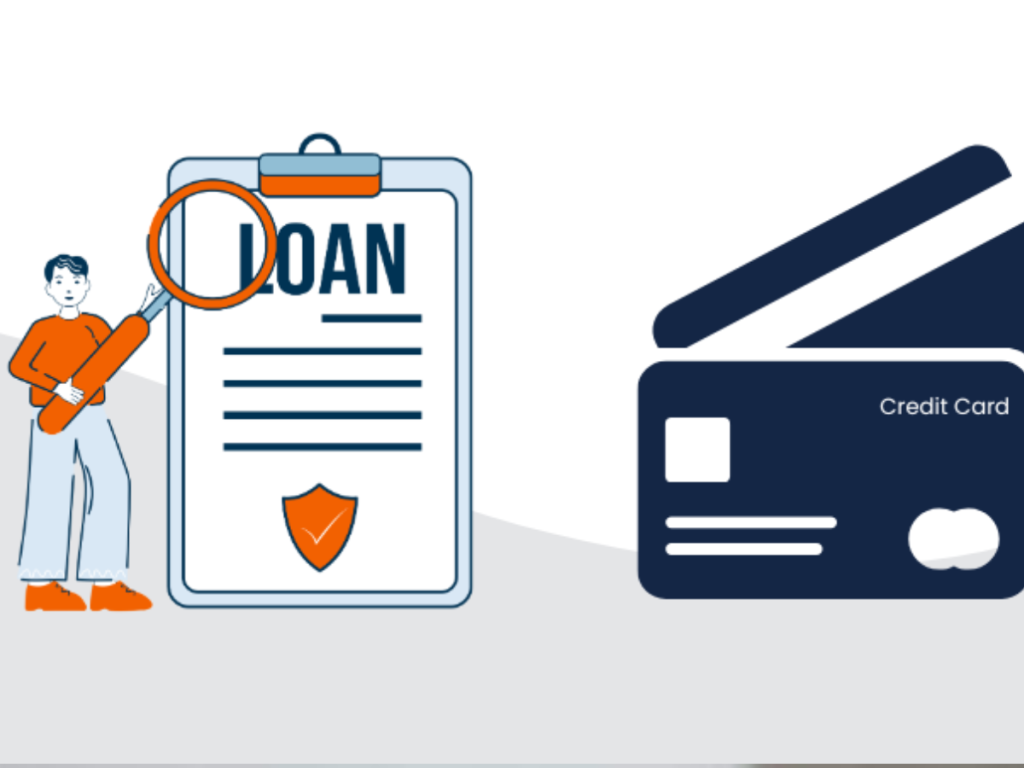Introduction
Capital is a necessary requirement for any small business, and sometimes loans are necessary for covering startup costs, operational expenses, or expansion. However, for business owners with a low credit score, the road to securing funding may seem arduous. But while a low credit score might present challenges, it certainly doesn’t eliminate your options. In fact, with the right approach, you can still secure the necessary financial backing for your business. This extended guide will explore how you can increase your chances of obtaining a loan, even if you have a low credit score, and what strategies can help mitigate its impact. —
1. Understanding Your Credit Score and What It Means for Your Loan Application
This is a three-digit number indicating your credit score that lenders use when deciding whether the risk of lending money to you is acceptable. It shows whether or not you have a record of borrowing and paying back debts, and is an important factor in loan approval. Generally: VERY GOOD CREDIT SCORE (750 or above) You are very low-risk in the eyes of lenders.
- Good Credit (700-749): You will have a good chance of getting a good loan term.
- Fair Credit (650-699): You may get approved, but be prepared for a higher interest rate and stricter terms.
- Poor Credit (below 650): Your chances are slim with traditional lenders, but there are some alternatives.
For small business owners with poor credit, the key is understanding how lenders view your credit and what alternative methods are available to overcome this barrier.
2. Assessing the Best Loan Options for Low Credit Scores
When your credit is not in optimal condition, it’s important to explore lending options beyond traditional banks. Here are several viable choices to consider:
a) Alternative Lenders
Alternative lenders, on the other hand, offer more flexible terms and are, in general, more willing to work with a business that carries a lower credit score. Among these are:
- Online Lenders: These online lenders offer lenient credit score requirements as well as a fast processing period. Examples are Kabbage, OnDeck, and BlueVine.
- CDFIs: The goal of these institutions is to aid businesses in less privileged communities, providing loans under more favorable terms than traditional banks.
- P2P Lending: P2P platforms such as LendingClub or Prosper are platforms that bring borrowers together with individual investors. Although they require some form of credit assessment, they are often more lenient than traditional banks.
b) Secured Loans
A secured loan is one where you provide assets as collateral to secure the loan. This can be equipment and inventory, real estate, or any other asset. You reduce the risk of the lender, which makes it easier to get a loan even with bad credit. But then again, you need to weigh the value of your assets and the risk that you might not pay back.
c) SBA Microloans
The Small Business Administration (SBA) provides microloans through approved nonprofit organizations. These loans are designed to assist small businesses and startups that have difficulty securing funding through conventional lenders. Although SBA loans are typically reserved for businesses with strong financial histories, microloans are often available to entrepreneurs with less-than-perfect credit.
d) Invoice Factoring or Financing
If your business relies on invoices, invoice factoring or financing can be a viable funding option. Here, you sell your unpaid invoices to a factoring company in exchange for immediate cash. It is a fast way to get access to capital, but high fees are charged, and the factoring company takes a part of the invoice value.
e) Merchant Cash Advances (MCAs)
Merchant Cash Advances (MCAs) provide fast funding in exchange for a percentage of your daily sales. Typically, lenders do not focus heavily on credit scores but rather on your business’s daily revenue. While the approval process is simple, the repayment terms can be steep, and the interest rates can be extremely high, so it’s important to evaluate whether this is a feasible option in the long run.
3. Improve Your Chances of Getting That Loan
Despite having a poor credit score, there are other ways to strengthen your loan application:
a) Create an Excellent Business Plan
Lenders will want to see that you have a well-thought-out business plan. A detailed business plan demonstrates to lenders that you are serious about your business and have carefully considered how to make it successful. Here’s what to include:
- Executive Summary: A concise description of your business, its goals, and the problem it solves.
- Market Analysis: Data showing the demand for your product or service and how your business compares to competitors.
- Financial Projections: Estimated revenue, expenses, and profits for the next 1-5 years.
- Repayment Strategy: Clearly outline how you plan to repay the loan. Highlight any other revenue-generating sources or collateral that can help secure the loan.
Having a strong business plan will mitigate some of the risks of having a low credit score, and sometimes this will even persuade lenders to take a chance on your business.
Honesty is very much needed in securing a loan. Provide the accurate financial statements and tax returns before the lender or other required forms. If credit scores are so low due to a particular happening, like in the case of bad medical debt, or the demise of a small business, show the lenders some explanations and an indication that all has been okay since then.
c) Look for a Co-Signer or Business Partner
A co-signer with good credit can support your loan application and give lenders more confidence that the loan will be repaid. If you have a business partner who is financially stable, they may be able to support the loan application, making it more likely that you will get the money you need.
4. Other Financing Options to Explore
In addition to the loan options mentioned above, there are several other creative financing options available for small business owners with poor credit scores:
a) Crowd funding
Crowdfunding platforms, such as Kickstarter, GoFundMe, and Indiegogo, allow you to raise money for your business through individual contributions. This method is especially useful for product-based businesses or startups with a compelling mission or concept. By sharing your story and project, you can engage potential customers and investors who believe in your business.
b) Business Grants
Some governmental and non-governmental organizations provide grants to small businesses. Grants do not have to be repaid, so they are a great source of funding. However, grants are highly competitive, and you may have to meet specific criteria, such as operating in a certain industry or being a minority-owned business.
Equity financing involves investors providing capital in exchange for ownership in your business. This is common for startups and high-growth companies willing to give up a portion of ownership in return for funding. You don’t need to worry about your credit score for this type of financing, but you will have to share control and profit with investors.
- Preparing Your Credit For Future Borrowing You may be facing a short-term loan need today, but a good credit rating will help you secure other loans much easier and less costly in the long run. Here are some steps in improving your credit rating:
- Pay Bills On Time: Late payments greatly hurt your credit score. Make sure all bills, including utilities, business expenses, and credit cards, are paid on time.
- Reduce Credit Utilization: Try to keep your credit card balances low compared to your credit limits. A high credit utilization ratio signals to lenders that you might be overextended financially.
Diversify Your Credit:
If your credit history is limited, consider adding a secured credit card or a small loan to your portfolio. Regular payments on these accounts can help build your credit score.
Conclusion
Securing a small business loan with a low credit score may require extra effort and a strategic approach, but it’s far from impossible.
Exploring other lenders, working on making the application stronger, finding other funding options such as crowdfunding and grants, and taking efforts to improve the credit score in the long term can all improve the chances of getting the loan that will catapult the business forward. Patience, planning, and persistence are bound to go a long way to help you through the hurdles of low credit scores and realize your entrepreneurial aspirations.

